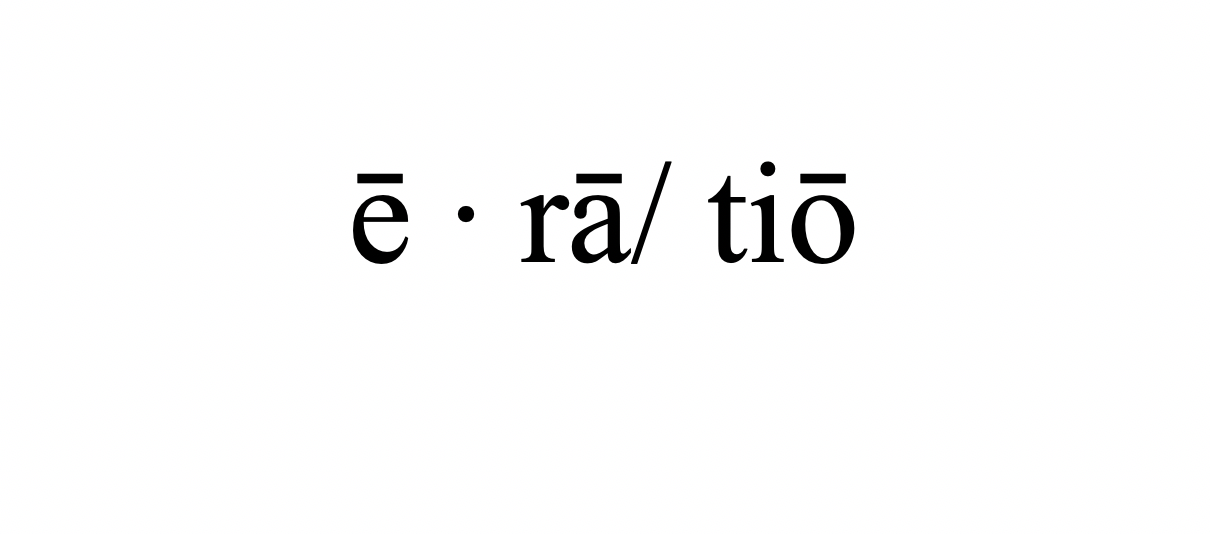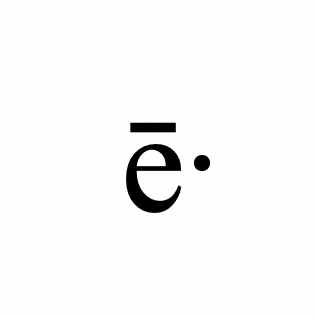

Five Poems by
Cyril Wong
No Walk on the Beach
Injured sand, cajoling waves.
Such jazz
of unfinished things.
The air is full of horses—
when what is seen
cannot be corralled.
The hardened heart
is schist, is shit, is shaft
of shadow, is none
of these things.
Bridges collapse
between sight and thought;
between the clangour of me
and the silent, unwavering horizon.
Unlived
Fibonacci haiku
of a snail’s shell
emptied out by birds
I weigh in my hand
like guilt or memory.
Sky fades to sea
like the mindlessness
of conservatism
into the mindlessness
of political correctness.
Clouds remain astonished
narratives of lives
unlived, whittling themselves
down to less than nothing.
Hands
Such sandy,
shifting
ground
an ocean of thinking
slides, swings,
stands on
is more infinite, surely,
than what it holds
like slippery
but cupped hands
to night and day
rotating
like a singular
eyeball in its vast socket.
Cove
The sea is a trillion commas,
keeping what it does not love
for long enough to let us
forget what we lost.
Regurgitate. Regurgitate.
Being an oasis to myself
in this wilderness of rock, sand
and bobbing children’s heads
happens out of time.
Someone is yelling for somebody
to stop running, to walk
instead from here to there
and everywhere
before stopping, a capitulation.
Beatitude
The life of desire
is a circus of the senses.
Under a tent of subjectivity,
such difference between wind
or sand in my eye. Discomfort
or pleasure. To exist before.
Beyond. Blessed regress
or transcendence. Ocean
of sound is no sound at all
when heard for long enough.
Salt on my tongue after a swim.
Elephant children climbing
on top of each other reek of fart
and barbecue. Blessed humanity.
Cyril Wong is a poet and fictionist in Singapore. His last book was Infinity Diary, published by Seagull Books in 2020.